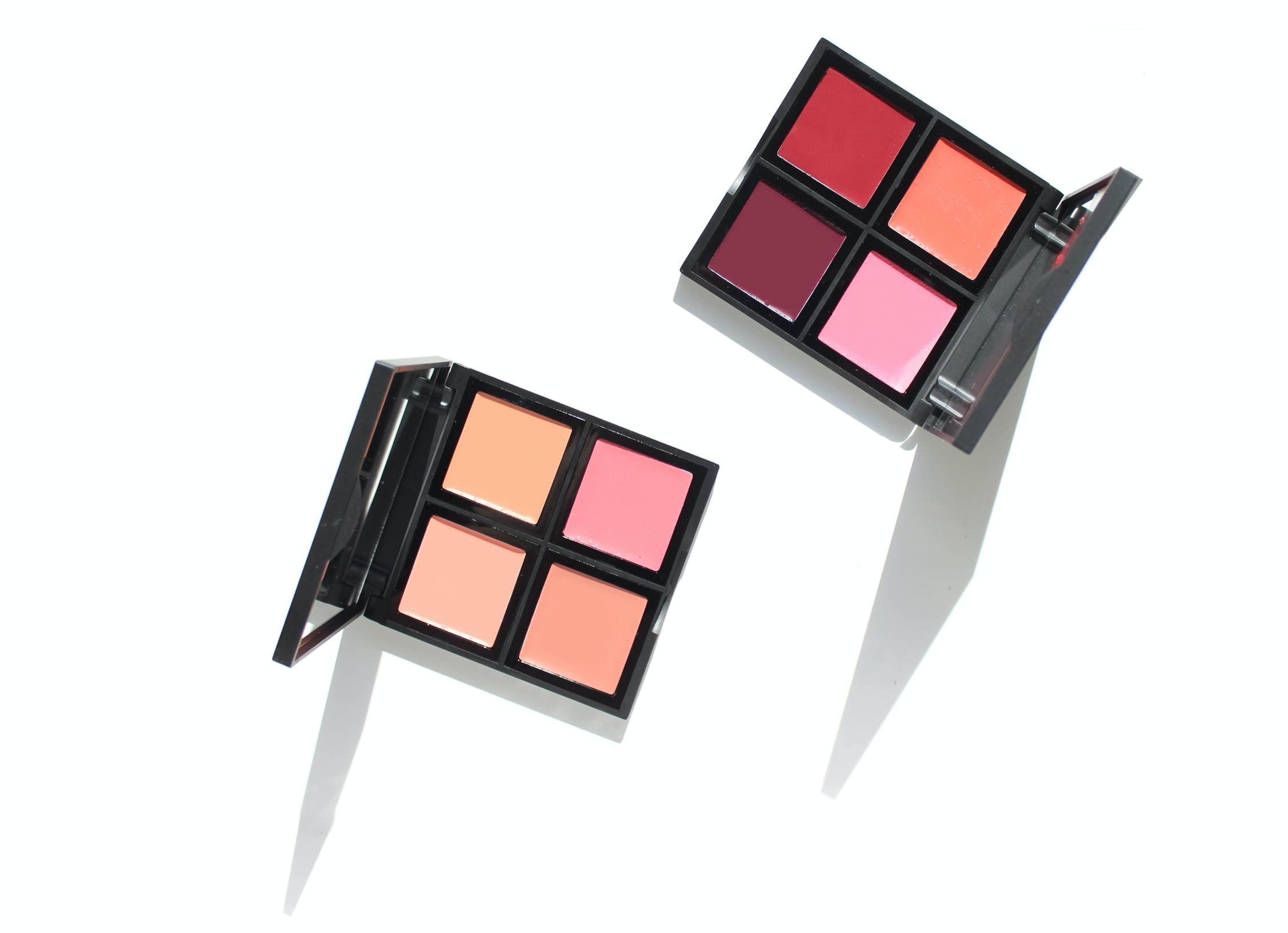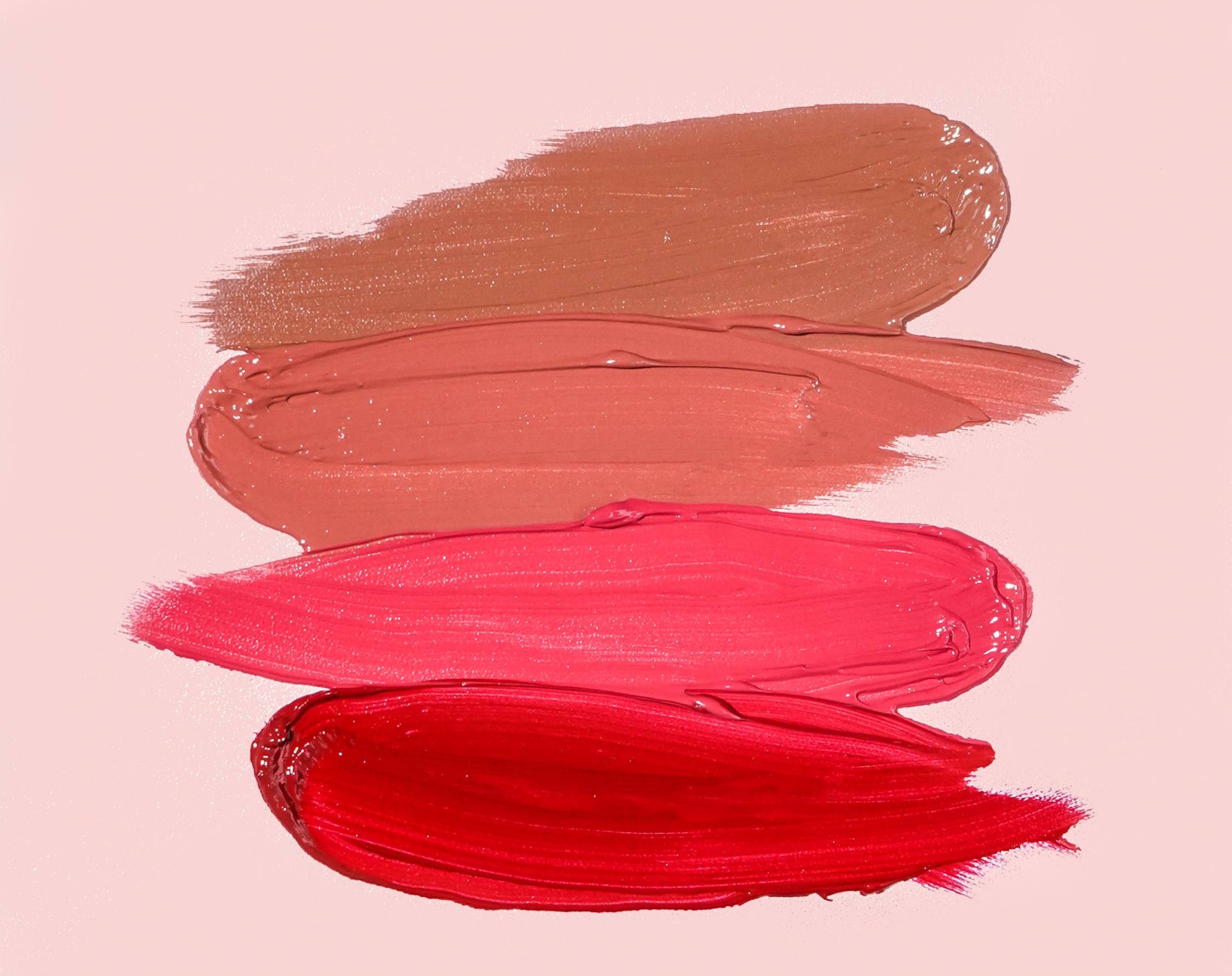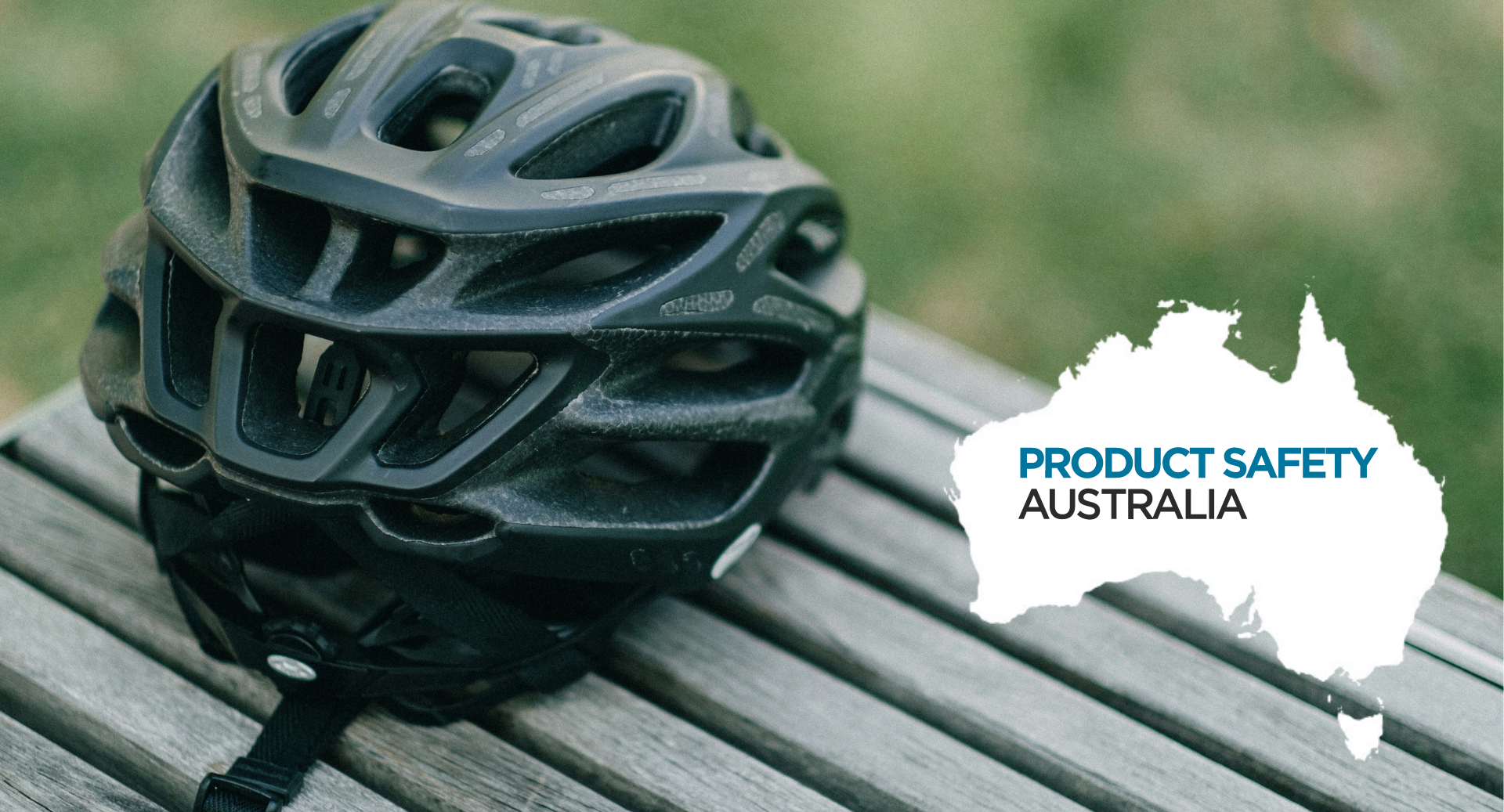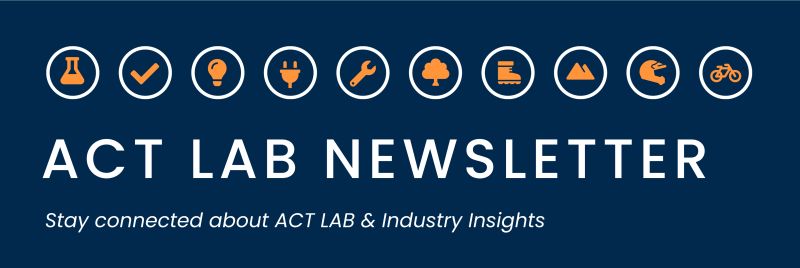
Cosmetic products in the USA are among some of the top consumer goods. Millions of people purchase products that fall under this category every year. From necessities like hair care products to beauty products like makeup, cosmetics products are in more demand than ever before. To protect consumers, regulatory authorities in the United States have established rigorous testing requirements and implemented specific chemical limits for cosmetics. In this article, we will explore the significance of testing for chemicals in cosmetics and shed light on the substances banned by the Food and Drug Administration (FDA) in the USA.
Importance of Testing for Chemicals in Cosmetics
Testing for chemicals in cosmetics plays a crucial role in guaranteeing consumer safety. Cosmetics contain various ingredients such as preservatives, colorants, fragrances, and UV filters. While many of these ingredients are safe, certain chemicals can have adverse effects on human health.
Exposure to harmful chemicals in cosmetics can lead to skin irritation, allergies, hormonal disruptions, and potential long-term health issues. By conducting robust testing procedures, cosmetic manufacturers can identify and eliminate these harmful ingredients, providing consumers with products that meet the highest safety standards.
Substances Banned in Cosmetics by the FDA
The FDA, under the Federal Food, Drug, and Cosmetic Act (FD&C Act), regulates cosmetics in the United States. While cosmetics do not require FDA approval, they are subject to testing and ramifications if they cause a public health concern.
To protect consumer health, the FDA maintains a comprehensive list of prohibited and restricted ingredients for use in cosmetics.
Prohibited ingredients are substances that are outright banned from use in cosmetics due to their harmful nature. These include but are not limited to, mercury compounds, chloroform, bithionol, and vinyl chloride. These substances are recognized to pose significant risks to human health and are strictly prohibited from being used in cosmetic products.
Restricted ingredients, on the other hand, have specific conditions for safe use. The FDA has established these restrictions to ensure that potentially hazardous substances are used in cosmetics in a controlled manner. For instance, lead compounds are restricted to a maximum concentration of 10 parts per million (ppm) in lipsticks and any cosmetic product intended for use near the mouth. Similarly, mercury is limited to no more than 1 ppm, except when used as a preservative in eye-area cosmetics, where it must not exceed 65 parts per million.
The FDA’s efforts to regulate cosmetic ingredients extend beyond prohibitions and restrictions. The agency continuously monitors scientific research and evaluates emerging evidence on the safety of cosmetic ingredients. If new data indicates potential risks associated with certain substances, the FDA can take prompt action to protect consumers by issuing advisories, warnings, or additional restrictions.

Third-Party Chemical Testing of Cosmetics
Third-party laboratory testing of chemicals in cosmetics is a crucial component of ensuring product safety and regulatory compliance. Laboratories like ACT LAB specialize in conducting rigorous analyses to evaluate the presence and concentration of various chemicals in cosmetic formulations. By utilizing state-of-the-art equipment and standardized testing methods, they provide unbiased and reliable results. Third-party testing helps verify the accuracy of ingredient declarations, identify potential contaminants or impurities, and ensure compliance with regulatory standards. This additional layer of scrutiny helps build trust among consumers, manufacturers, and regulatory authorities by confirming the safety and quality of cosmetic products. Moreover, third-party testing plays a vital role in certifying products with specific seals or certifications, demonstrating a commitment to transparency, quality assurance, and adherence to stringent standards beyond what is legally required.
About ACT-LAB
ACT-LAB is an ISO/IEC 17025 accredited laboratory that conducts consumer product safety and compliance testing for an active world. We can help ensure that your products both meet industry standards and are inspected to ensure the utmost quality.
To learn more about our tests contact us today.
Read more about our accreditations here.
 ISO/IEC 17025 Accredited Independent Testing Laboratory
ISO/IEC 17025 Accredited Independent Testing Laboratory








